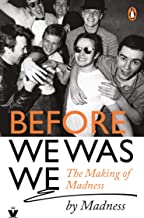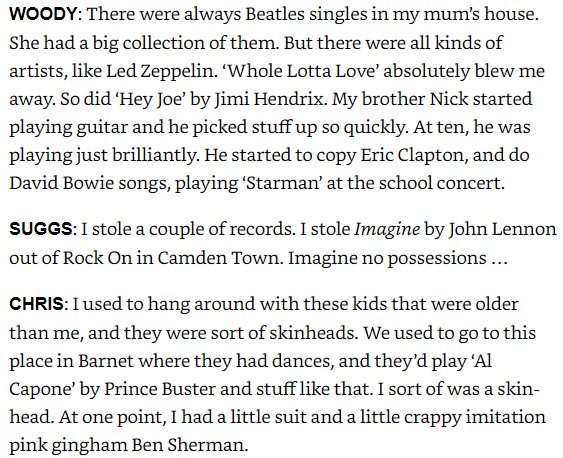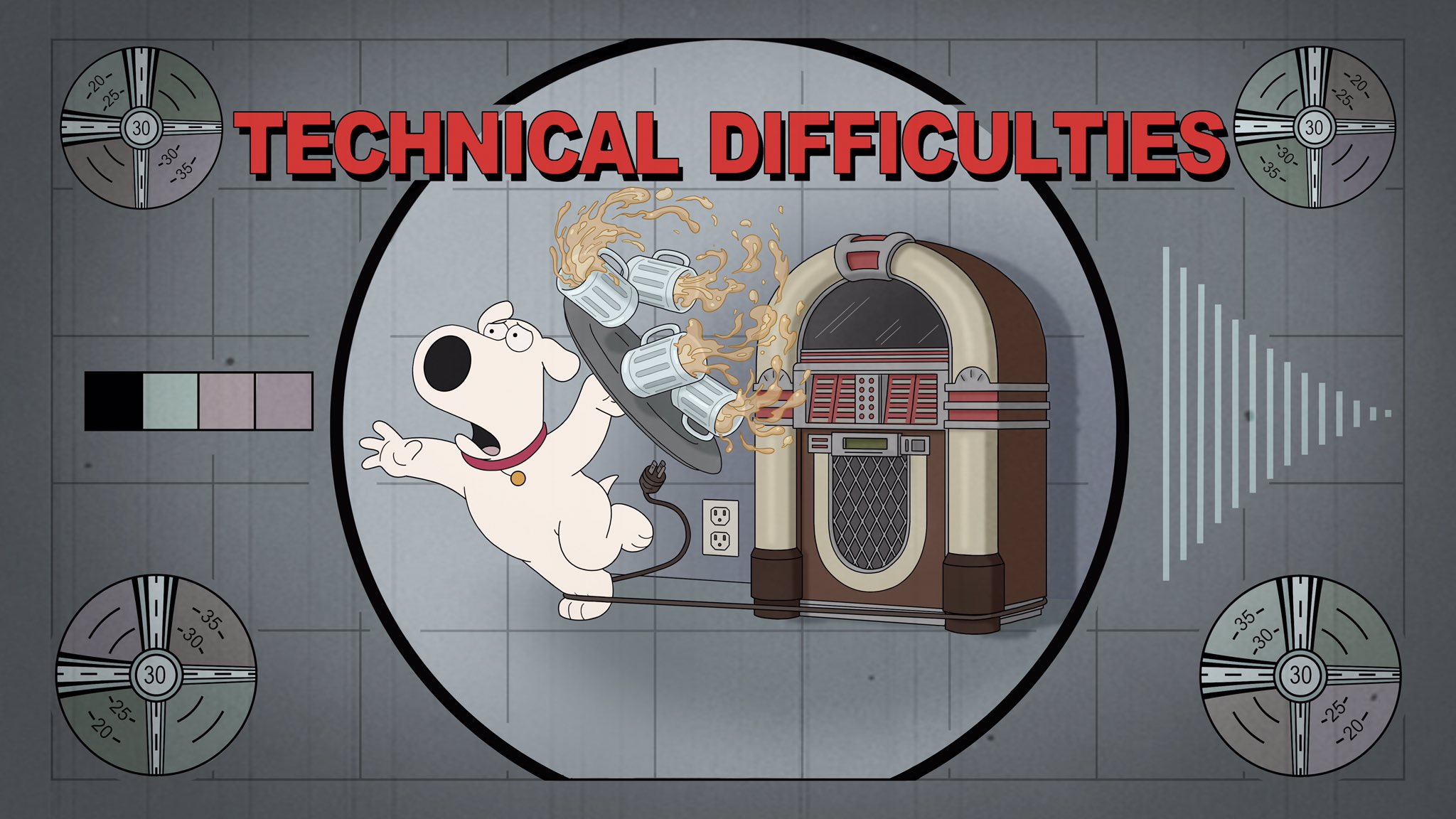I've read far less in recent years than I would like. To help remedy this, I've set myself the modest target of reading twenty one books in 2021. When I finish one, a thumbnail review here will follow.
9/21: Before We Was We by Madness
The blurb: In Before We Was We Madness tell us how they became them. A story of seven originals, whose collective graft, energy and talent took them from the sweaty depths of the Hope and Anchor's basement to the Top of the Pops studio.
In their own words they each look back on shared adventures. Playing music together, riding freight trains, spraying graffiti and stealing records. Walking in one another's footsteps by day and rising up through the city's exploding pub music scene by night. Before We Was We is irreverent, funny and full of character. Just like them.
The review: this is as close as we are likely to get to a collective autobiography of The Nutty Boys, one-time Invaders, Madness. Rather than regular prose, the book comprises recollections from all band members, chronologically ordered and grouped into chapters that follow the magnificent seven from 1970 right through to the release of My Girl, their third single and the point at which they felt they had "made it". And when I say not regular prose, I mean the whole book is in this format:
There are pros and cons to this format. It doesn't read with the flow of a more conventional structure, however carefully interwoven the quotes are, but it does allow you to quickly identify seven similar but unique voices, and it does allow you to dip in and out of the book easily.
As for the content, well, it's an enlightening read, and I say this as someone who thought he knew a lot about the band already. Most of it concerns the band members' childhoods, all growing up in and around the same north London streets at a time when bomb sites were still a playground and there were only three channels on TV. What quickly emerges, aside from the basic commonality of being the same age in the same place, is the fractured home lives of the seven - you can quite see how being in a gang, and then a band, would have appealed to them all, the group mentality of it, us against the world...
And then there's the criminality, mostly petty but some not so: theft, mainly. But there are also burgeoning graffiti careers going on here, and jumping freight trains, drugs, breaking into gigs and cinemas... you name it, someone in Madness has probably done it, at some point. Time at her majesty's pleasure too. And yet they emerge from these recollections, not as deplorable figures or requiring sympathy, but as lovable rogues, chancers who have learnt and moved on. Of course that's the joy of autobiography, you get to paint things your own way. But it feels genuine... and it's very readable too, and at least as interesting as the later years in the book when the band are starting to happen, and records are getting made.
That's an interesting point, actually, for out of the twelve years or so covered by this book only the last three cover years when Madness were releasing records. The first nine years cover the formative experiences of the band, literally what made them what they were, and for all that make a fascinating social history of growing up in the Seventies, of being a kid in a London that still felt austere and post-war. On that basis, you don't necessarily have to be a Madness fan, or know much about their music, for this to be an enjoyable read. I hope there will be a follow-up, covering the heights of their early career, band members leaving, the break-up, "The Madness", Madstock and the National Treasure treadmill they're now on; I would certainly buy and read that. But I don't see how it can be more interesting than this.
The bottom line: fascinating look into a time and place that doesn't exist anymore, as much as genuine and engaging autobiography of a much-loved band.
Since everything online is rated these days: ★★★★★☆




